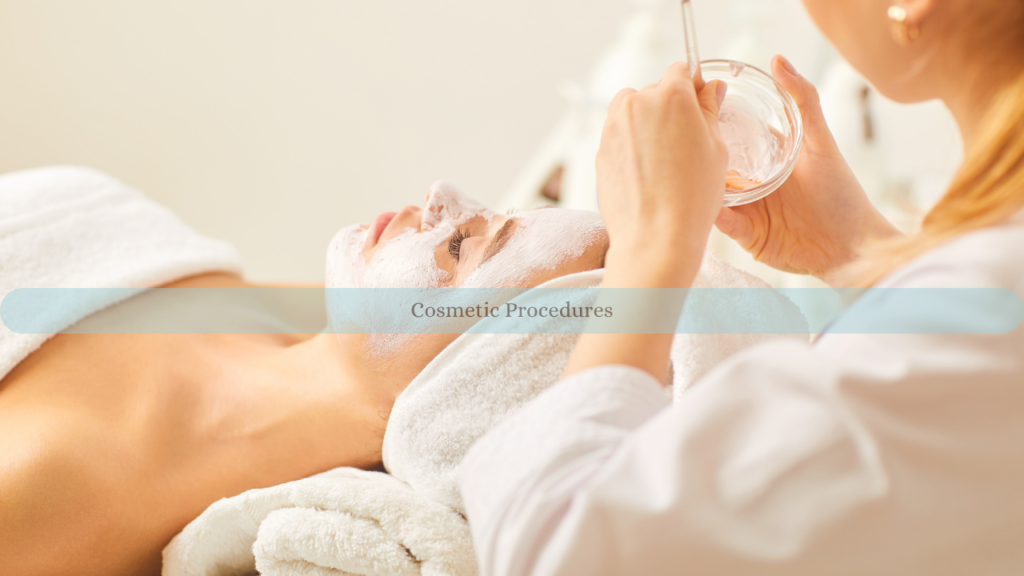
In a world increasingly obsessed with appearance, cosmetic procedures have transcended their medical origins to become integral elements of modern beauty culture. What once were considered surgical interventions for the few have evolved into commonplace practices that shape our identities, social interactions, and even our professional opportunities. As societal norms shift, the allure of cosmetic enhancements continues to grow, prompting a deeper exploration of how these procedures influence our daily lives.
Cosmetic procedures encompass a wide range of treatments, from minimally invasive options like Botox and fillers to more extensive surgeries such as rhinoplasty and liposuction. The rise in popularity of these procedures can be attributed to several factors, including advancements in technology, social media influence, and a broader acceptance of self-improvement practices. Procedures that once required long recovery times and significant financial investments have become more accessible, allowing individuals to enhance their appearances with relative ease and minimal downtime.
The impact of social media cannot be overstated in this context. Platforms like Instagram and TikTok have created an environment where beauty is constantly curated and displayed. Influencers and celebrities often showcase their cosmetic enhancements, setting beauty standards that many aspire to meet. The phenomenon of the “Instagram face”—characterized by high cheekbones, full lips, and flawless skin—has led to a surge in demand for procedures that help achieve this ideal. As people scroll through curated feeds, they are bombarded with images that can trigger feelings of inadequacy, making cosmetic enhancements seem like a viable solution for self-improvement.
Moreover, the normalization of cosmetic procedures has extended into the workplace. In professional environments where first impressions carry significant weight, many individuals feel pressure to maintain a polished appearance. Studies have shown that physical appearance can impact hiring decisions, promotions, and overall career success. This societal pressure has led to an increase in individuals seeking cosmetic enhancements as a means to gain a competitive edge in their careers. For some, undergoing these procedures is not just about vanity; it is seen as a necessary investment in their professional futures.
However, the pervasiveness of cosmetic procedures raises important ethical and psychological questions. While many individuals report heightened self-esteem and confidence after undergoing enhancements, there is also the risk of developing unrealistic beauty standards and body dysmorphia. The constant comparison to altered images can lead to a cycle of dissatisfaction, where individuals feel compelled to pursue additional procedures to keep up with ever-evolving beauty ideals.
Furthermore, the cosmetic industry has seen an increase in the commercialization of procedures, leading to a focus on profit over patient well-being. It is crucial for consumers to approach cosmetic enhancements with caution, ensuring they are well-informed about the risks and benefits. Establishing a healthy relationship with one’s body and appearance should take precedence over societal pressures.
In conclusion, cosmetic procedures have undeniably reshaped our daily lives, influencing personal identity, social interactions, and professional dynamics. While the desire for enhancement can stem from legitimate aspirations for self-improvement, it is essential to navigate this landscape mindfully. As individuals increasingly turn to cosmetic enhancements, the conversation surrounding beauty, self-worth, and societal expectations must continue to evolve. Ultimately, the goal should be to foster a culture that values authenticity and self-acceptance, allowing individuals to feel beautiful both inside and out—beyond the blade.